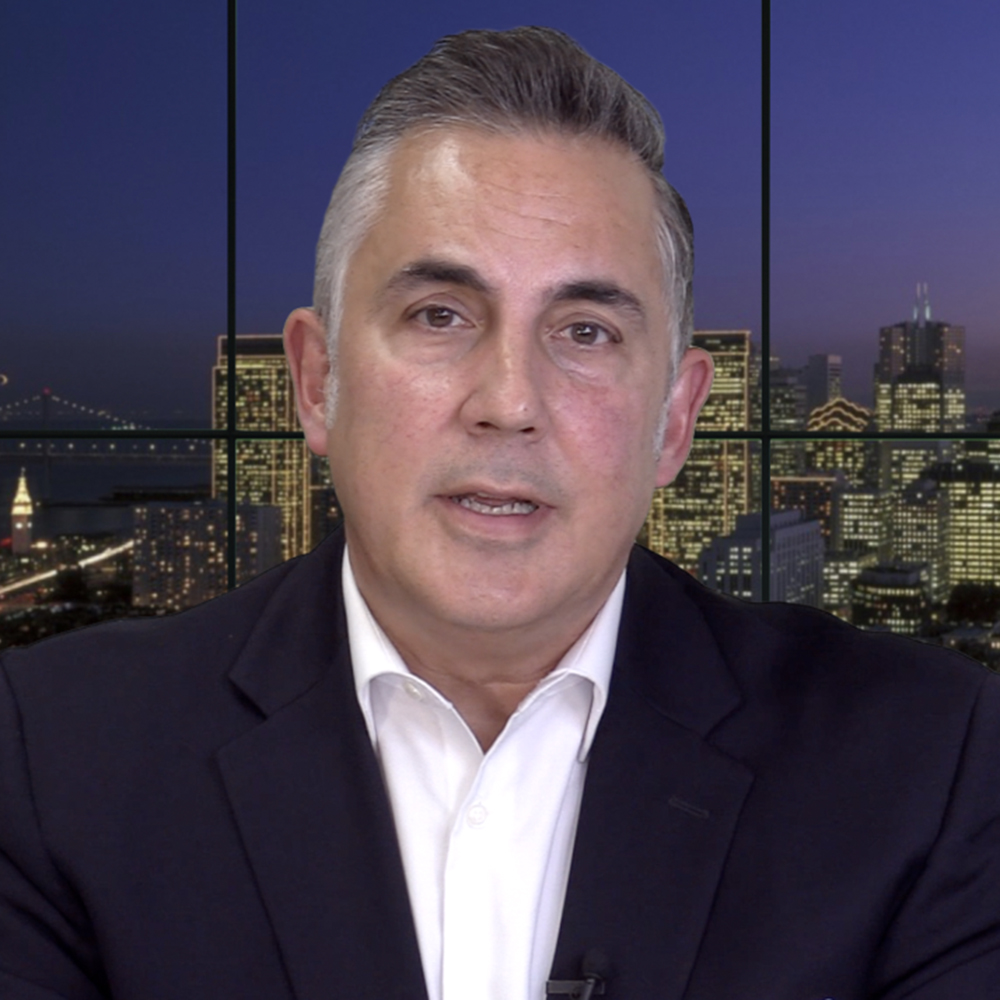“The median net worth of retirees aged 65-74 was only $266,000 in 2019, of which $240,000 was in their homes. All indications are that in the last few years, the problem has gotten worse.”, writes Jack Guttentag, AKA the Mortgage Professor, in a recent Forbes column last week.
The problem has indeed worsened thanks to record-high inflation which has hit older Americans living on a fixed income especially hard. Guttentag’s solution is the integration of financial advisors, HECM originators, and insurance professionals- each participating in a coordinated plan to help the client have adequate cash flow throughout retirement.
That appears to be a worthy plan for…
Read More
those who are several years away from retirement, but what about those who’ve already retired or will retire in the next few years? Will they consider tapping into their home’s accumulated value? It can be argued retirees with the majority of their wealth tied up in bricks and mortar of their homes are generally overlooked by financial advisors, traditional mortgage originators, and the media. As a reverse mortgage professional in the U.S., you may not be surprised to learn that resistance to utilizing home equity is not limited to the United States. Your Mortgage-com reported on a study by National Seniors Australia and Challenge which found only 2% of retirees in Australia have accessed their home equity through a traditional equity loan or reverse mortgage. Does a two percent market penetration sound familiar? Also, two in three respondents said passing on their home to their heirs was important. Nevertheless, nearly one-in-five respondents said they might consider a reverse mortgage, or as the Aussies call it, a Home Equity Access Scheme. The overlooked majority have no problem spending down their retirement savings in 401(k)s, IRAs, and other savings instruments. It’s the ordinary course of action expected of retirees during what is called the distribution phase. Consequently, you will seldom hear a family member complain that their parents spent down their retirement accounts. But when it comes to the home the shift in perception is significant. It can be argued that the home is one form of savings- a forced savings account of sorts, that is paid over several decades. The greatest difference it’s a savings vehicle in which the homeowner lives. That personal attachment leads to resistance, misunderstanding, and fears of losing their housing security.
This is where knowing the financial position of your potential borrower is vital. Do you know the homeowner’s sources of income? Do you know how long these income streams will last or if they are at risk of being reduced? What is their monthly cash flow? Only when these key facts are known can you make a meaningful comparison of life with or without a reverse mortgage. More than ever before the overlooked majority are more vulnerable to outliving their money or reducing their standard of living. That’s why the specific and practical introduction of integrating a reverse mortgage must go beyond mere features and benefits and focus on problem-solving. [Your Mortgage] Study: retirees not a fan of accessing home equityAdditional reading:










1 Comment
Shannon is exactly right about where one of the major sources of resistance to using a reverse mortgage as a cash flow resource in retirement lies. It is in the group who potentially need the cash flow power of a reverse mortgage throughout retirement the VERY most, those with about $300,000 in total equity [i.e. assets (based on the fair market value of those assets) minus liabilities]; however, this is especially true when approximately only 10% of that net value is in assets other than a personal residence.
Now let us be realistic. If a senior has $240,000 in equity in the home, what would the amount of the available cash remaining at the end of closing of a reverse mortgage be? Assuming a HECM, this is NOT the net principal limit but rather the cash remaining after the cash from the maximum first year disbursements limitation has paid off or been set aside to pay off all mandatory obligations due in the first year following closing. Since so many senior homeowners carry a mortgage into retirement, it is hard to believe that an insurance agent would find much benefit from being part of this team until months after the reverse mortgage closed.
Now let us look at a senior in exactly the situation that Shannon describes in his example. If all a senior has is $26,000 to spend down during retirement outside of homeownership, what is that in $26,000 in value in useable dollars? What if there are selling fees or income taxes incurred in turning the $26,000 into cash, do you really think the senior will enthusiastically engage a financial advisor to help at fees of more than $100 per hour? The financial advisor is not looking for a contingent fee based on the closing of a reverse mortgage!! What is the incentive to the financial advisor in being involved in the transactions BEFORE the reverse mortgage closes?
So other than for the reverse mortgage originator where pragmatically is the incentive for an insurance agent or a financial advisor for that matter to be involved before the reverse mortgage closes (if the senior moves forward to closing)? This is the fly in the ointment.
Dr. Guttentag has many lofty and noble ideas but the question comes down to, can they be practically implemented? As to this fundamental idea of collaboration among business people, there is far more doubt than hope of success since there seems to be so little short-term financial incentive to anyone other than the reverse mortgage originator.